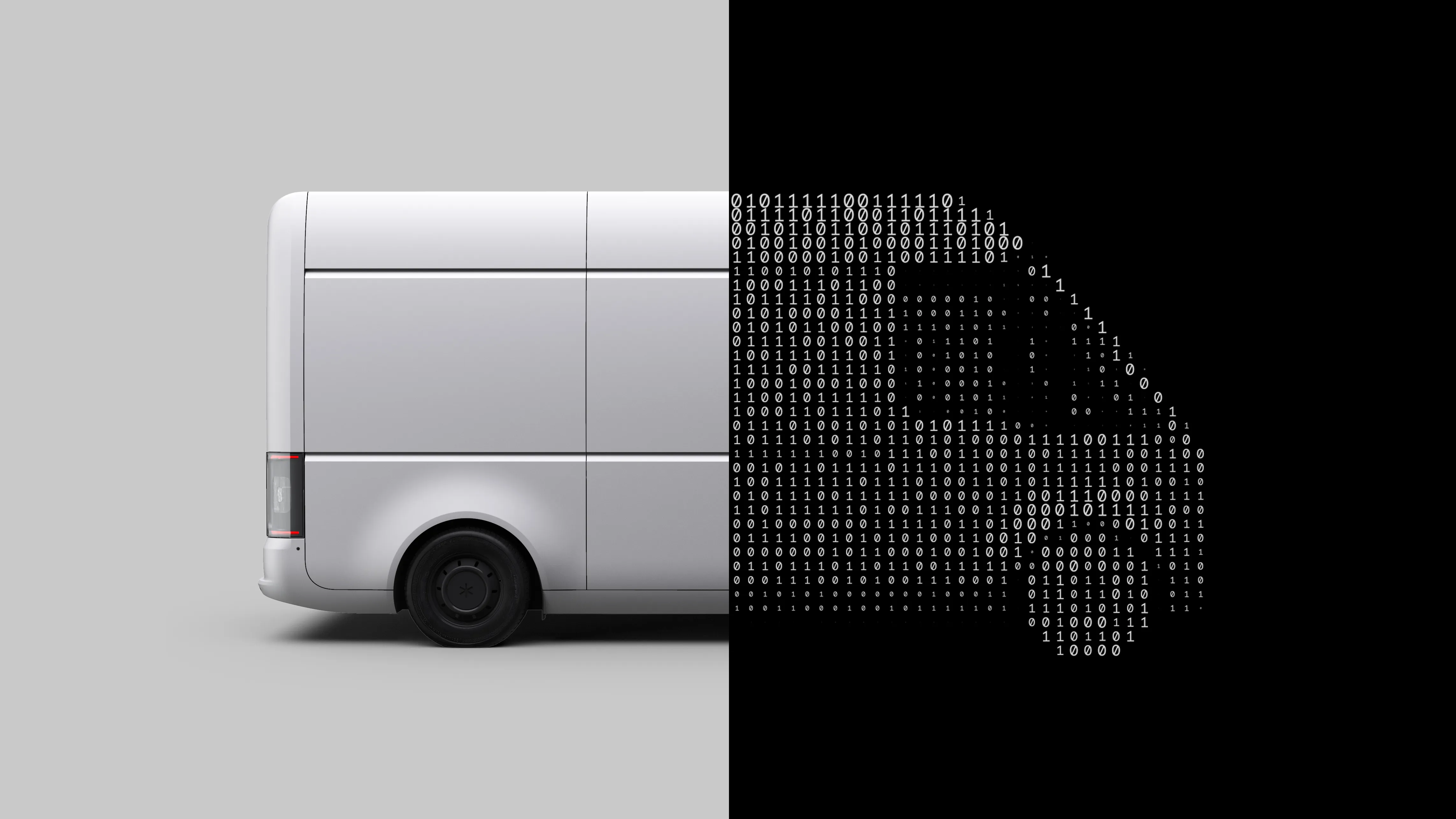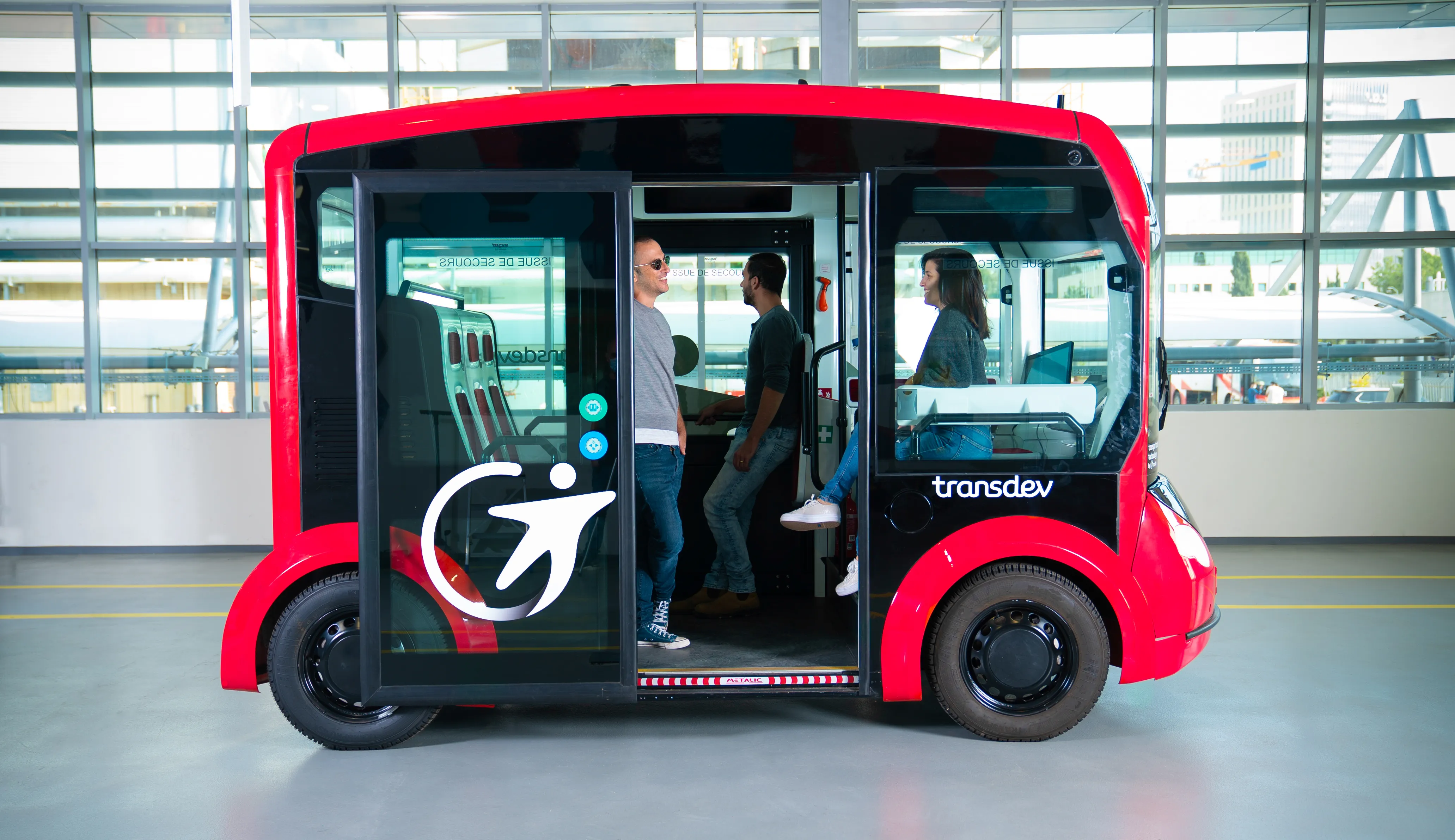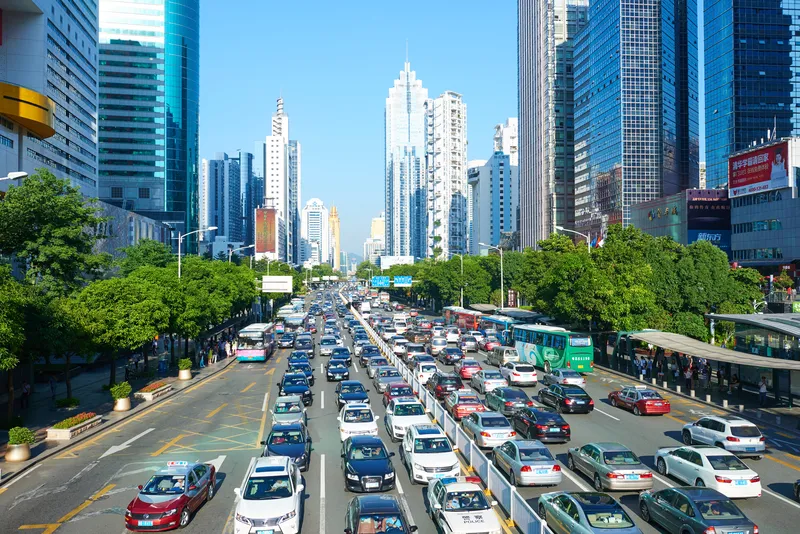
Arrival is using Microsoft Azure to develop an open data platform that will enable advanced uses of telemetry, vehicle and fleet data management for electric vehicles.
Arrival says an increasing amount of data is produced and stored in the cloud by individual vehicles and fleets globally, but there is currently no standardised way of managing and utilising that data flow.
The company plans to develop models with Microsoft that simplify the sharing of data within a mobility ecosystem.
These data ownership models will increase the utility of shared data while also helping OEMs and cities analyse “swathes of data” and apply insights to their business, the company adds.
According to Arrival, this will provide them with full transparency and control over what data is shared and with who.
For example, cities could benefit from understanding more about traffic flows and how to collectively optimise the performance of transportation providers.
The platform will use Microsoft Azure and machine learning to extract insights from the data, and edge computing to minimise Vehicle to Cloud (V2C) data flow.
The insights are expected to aid advancements in mobility through the implementation of a unified data standard and transparent data sharing policy.
Arrival will demonstrate the benefits of being able to manage and process data in this way by combining its connected vehicles with new automotive capabilities.
It will also be able to use the platform to share data with other partners looking to develop solutions based on those insights.
Arrival president Avinash Rugoobur says: “Data management and analysis is crucial to bringing customised, affordable and equitable solutions to the world. With the rapid advances in technology across all areas, we need a standardised way of collecting, assimilating and sharing that data so all can share in the full benefits of what connected vehicles can bring.”










